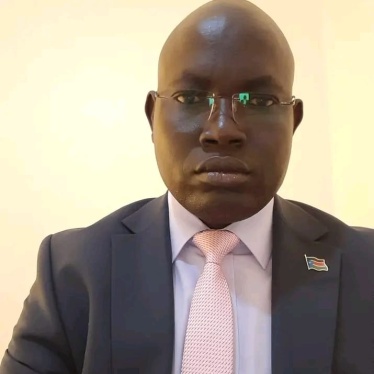Most Canadians have easy access to sufficient and affordable clean water and adequate sanitation. In stark contrast, indigenous persons in Canada’s First Nations communities experience a very different reality. First Nations communities do not benefit from a level of protection of and access to drinking water as compared with people living off reserves.
This report looks at the barriers to the rights to water and sanitation on reserve, and the impacts poor conditions have on people living on reserve, with a particular focus on women, children, caregivers, and persons with disabilities or chronic diseases. The report also examines how this crisis on reserve affects First Nations persons’ cultural rights, particularly women who are traditionally revered as the keepers of water.
Live streaming video by Ustream
Human Rights Watch and Chiefs of Ontario are pleased to invite you to a news conference in Toronto at 11 a.m.on Tuesday, June 7, at the Waterfront Campus, George Brown College, for the launch of Human Rights Watch’s report, “Make it Safe: Canada’s Obligation to End the First Nations Water Crisis.”






